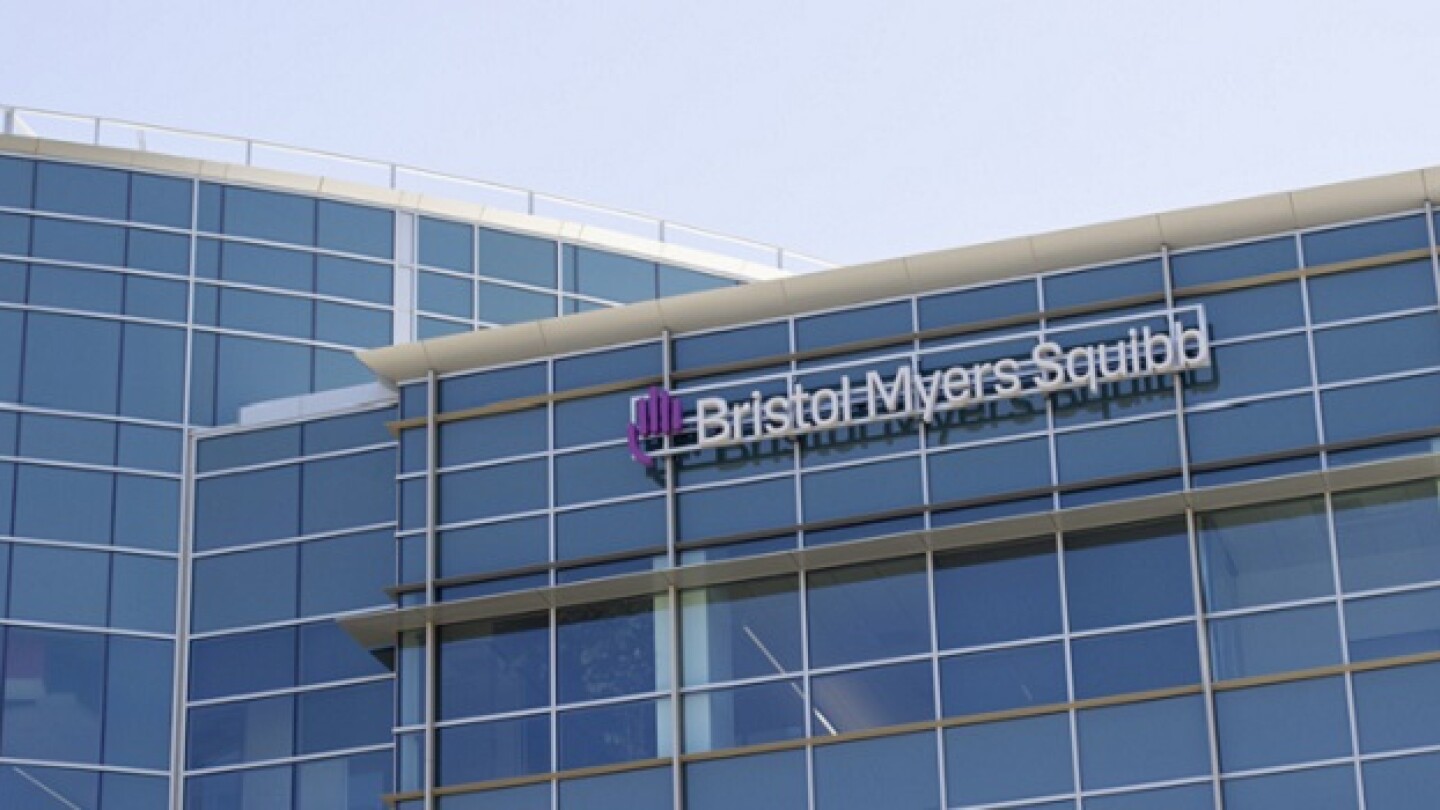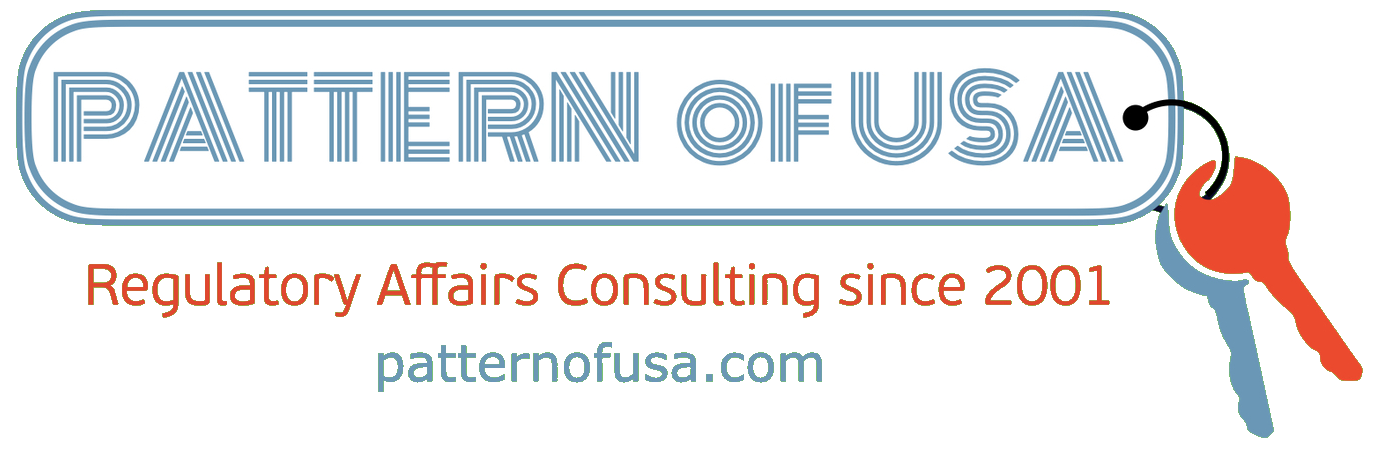Celgene Investors File New Lawsuit Against BMS for Allegedly Failing to Make CVR Payments


Following a recent favorable ruling in a similar case, Bristol Myers Squibb has been confronted with a .7 billion lawsuit filed by past Celgene shareholders. They claim that the pharmaceutical company took measures to evade paying contingent value rights related to regulatory achievements for three therapies, as reported by Reuters.
The lawsuit, lodged in the U.S. District Court for the Southern District of New York, contends that BMS deliberately postponed regulatory filings for Breyanzi (lisocabtagene maraleucel), a CAR T therapy, along with two other therapies, to sidestep an additional -per-share payment to Celgene shareholders as stipulated in a contingent value right (CVR) agreement.
Breyanzi was initially created by Celgene, purchased by BMS in 2019 for billion. The CVR provision was included in this acquisition, entitling Celgene’s shareholders to specified payments based on their share ownership, contingent upon regulatory milestones being met.
This CVR arrangement has led to a series of legal disputes between BMS and former Celgene shareholders over recent years. UMB Bank, acting on behalf of the plaintiffs, initially filed the lawsuit in June 2021, accusing BMS of having “delayed the development and production” of Breyanzi, which resulted in missing the regulatory deadline by 36 days. Had these delays not occurred, BMS would have faced .4 billion in CVR payments, according to the lawsuit.
The lawsuit asserted, “Bristol-Myers breached the CVR Agreement, which requires Bristol-Myers to use ‘Diligent Efforts’ to secure FDA approval by December 31, 2020,” labeling the delays as “blatant misconduct.” The plaintiffs sought damages for Celgene shareholders.
In a recent ruling, a federal judge in New York dismissed a .4 billion lawsuit against BMS, asserting that UMB Bank lacked the standing to file the case since it had not been authorized as a trustee for the CVR-holding shareholders. Judge Jesse Furman emphasized that this conclusion was not reached lightly, given the significant financial stakes involved.
BMS has previously achieved several favorable outcomes in CVR-related lawsuits. According to its second-quarter 2024 business report, courts in New York and New Jersey earlier this year dismissed multiple similar claims from CVR holders, although at least one case is under appeal.
